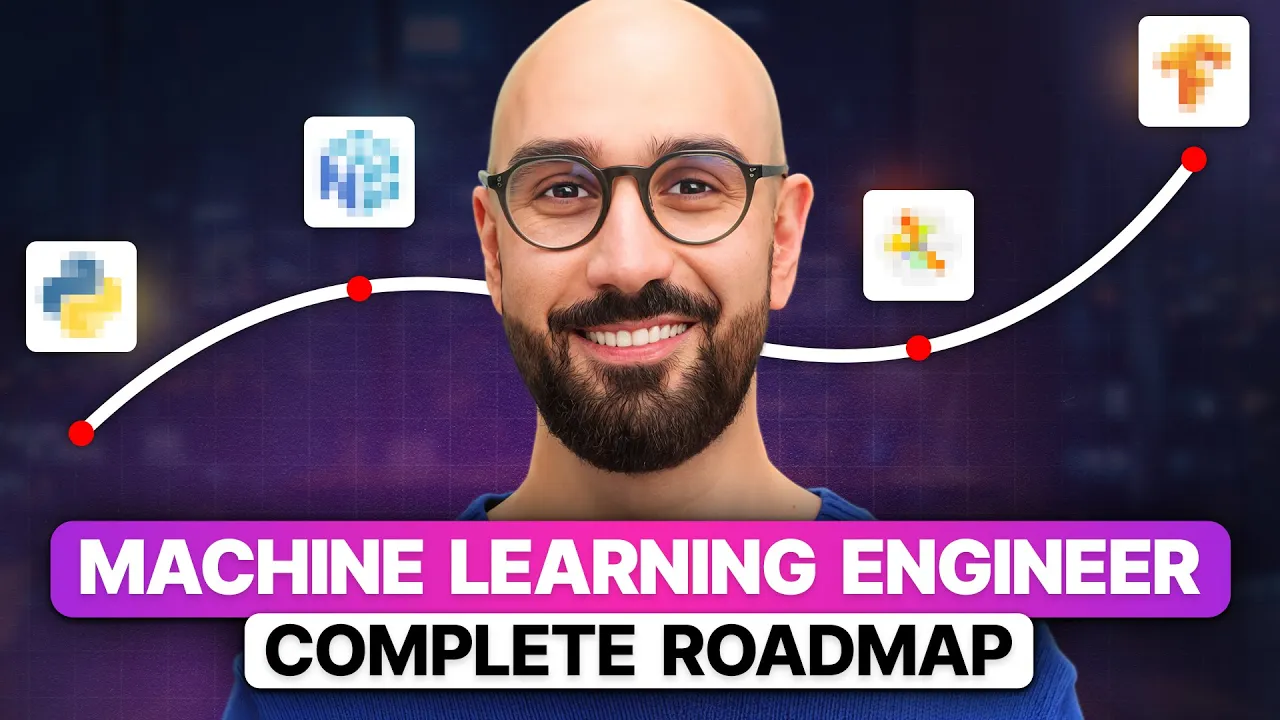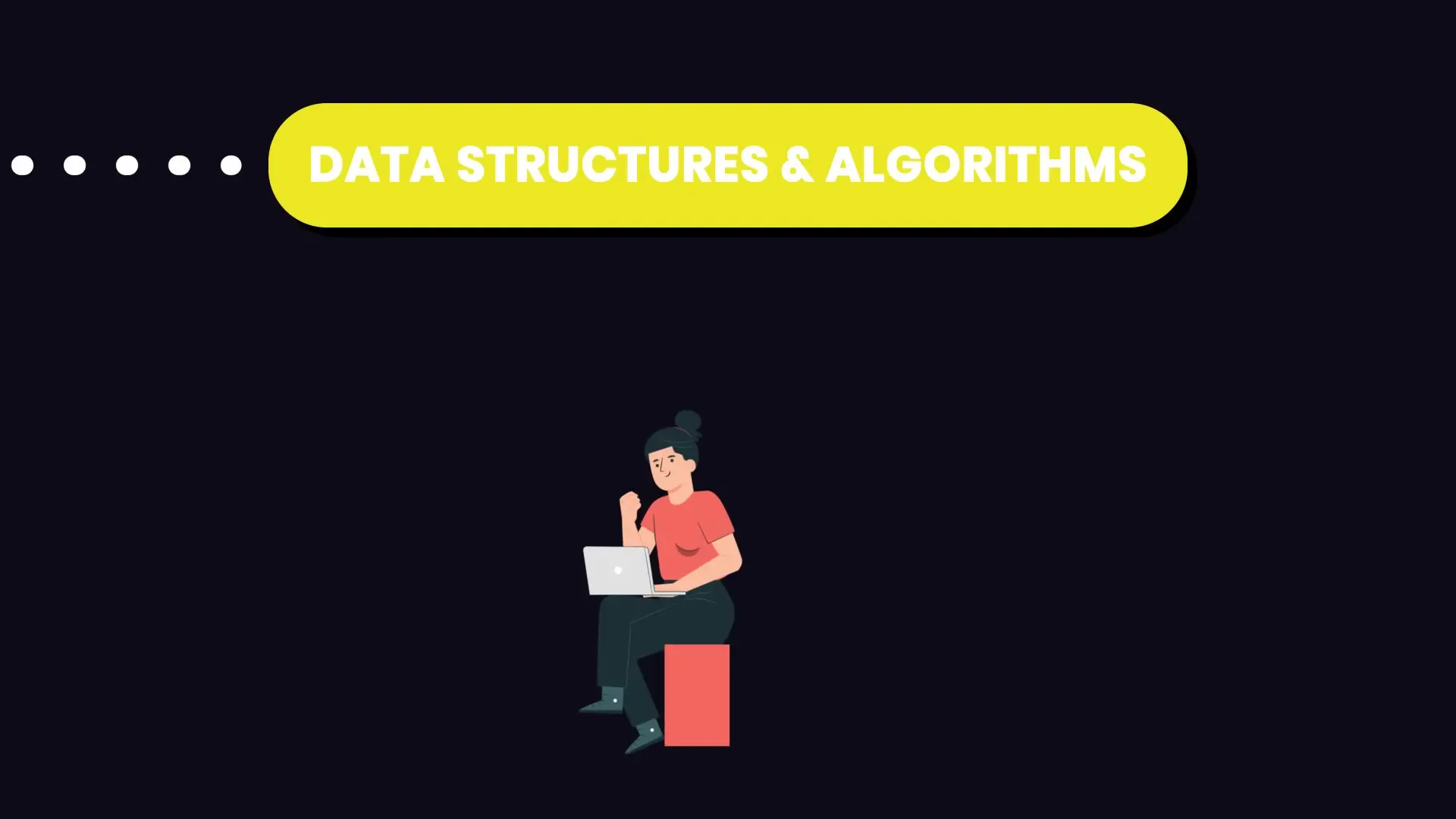
The field of machine learning is rapidly evolving, offering exciting career opportunities for those with the right skill set. If you're looking to become a machine learning engineer, you'll need to master several essential skills that form the foundation of this specialized field. This comprehensive roadmap outlines the nine crucial skills you need to acquire, along with a realistic timeline for mastering each one.
1. Python Programming: The Foundation
Python is the primary programming language used in machine learning, known for its simplicity and versatility. As a beginner, focusing on mastering Python should be your first priority before moving on to other languages.
- Core Python syntax and data structures
- Object-oriented programming concepts
- Python libraries relevant to data processing
- Estimated learning time: 1-2 months with consistent practice
While some positions might require knowledge of other languages like Java, R, or C++ (particularly for performance-critical applications), it's best to avoid overwhelming yourself by trying to learn multiple languages simultaneously. Start with Python and build a solid foundation.

2. Version Control with Git
Git is not a programming language but a critical tool for tracking code changes and collaborating with team members. Understanding Git will help you maintain your projects efficiently and work seamlessly with others.
- Basic Git commands and workflows
- Repository management
- Branching and merging strategies
- Collaborative development practices
- Estimated learning time: 1-2 weeks
Remember the 80/20 rule applies here—you'll use about 20% of Git's features 80% of the time. Focus on mastering the essential commands and workflows first.
3. Data Structures and Algorithms
Many self-taught engineers skip this crucial step, but understanding data structures and algorithms is fundamental for several reasons:
- Enhances your problem-solving abilities for complex challenges
- Essential for technical interviews at major tech companies like Google, Amazon, and Facebook
- Helps you manage large datasets efficiently
- Enables you to optimize your machine learning algorithms
- Estimated learning time: 1-2 months

4. SQL for Database Management
Structured Query Language (SQL) is essential for working with databases. As a machine learning engineer, you'll frequently need to access, query, and organize data stored in databases.
- Basic SQL queries and operations
- Database design concepts
- Data extraction and transformation
- Performance optimization for large datasets
- Estimated learning time: 1-2 months
SQL is relatively straightforward compared to other programming languages, but mastering it will significantly enhance your ability to work with structured data.
5. Mathematics and Statistics
Machine learning algorithms are built on mathematical and statistical principles. A solid foundation in these areas is crucial for understanding how algorithms work and how to optimize them.
- Linear Algebra: Vectors, matrices, eigenvalues, and vector spaces
- Calculus: Derivatives, gradients, and optimization techniques
- Probability Theory: Random variables, distributions, and Bayesian concepts
- Statistics: Hypothesis testing, regression, and statistical inference
- Estimated learning time: 2-3 months
These mathematical concepts form the backbone of machine learning algorithms and are essential for understanding the inner workings of models you'll be building.
6. Data Preprocessing and Visualization
Before feeding data into machine learning models, it needs to be properly cleaned, transformed, and organized. This crucial step ensures your models can effectively learn from the data.
- Data cleaning and handling missing values
- Feature engineering and selection
- Data normalization and standardization
- Exploratory data analysis using visualization tools
- Key libraries: Pandas, NumPy, Matplotlib, and Seaborn
- Estimated learning time: 1-2 months (with Python background)

Effective data visualization helps identify patterns, trends, and anomalies in your data, which is crucial for both model development and communicating results to stakeholders.
7. Machine Learning Fundamentals
With the foundational skills in place, it's time to dive into machine learning concepts and algorithms. Understanding the core principles will help you select the right approaches for different problems.
- Supervised learning: Classification and regression algorithms
- Unsupervised learning: Clustering and dimensionality reduction
- Model evaluation and validation techniques
- Hyperparameter tuning and optimization
- Essential libraries: Scikit-learn, TensorFlow, PyTorch
- Estimated learning time: 3-4 months
Take time to understand the intuition behind different algorithms and when to apply them. Practice implementing these algorithms on various datasets to build practical experience.
8. Advanced Machine Learning Techniques
Once you've mastered the fundamentals, explore more advanced techniques that will help you tackle complex problems and build sophisticated models.
- Ensemble methods (Random Forests, Gradient Boosting)
- Deep learning and neural networks
- Natural Language Processing (NLP)
- Computer Vision techniques
- Reinforcement learning basics
- Estimated learning time: 2-3 months
These advanced topics will expand your toolkit and enable you to work on cutting-edge applications in fields like text analysis, image recognition, and autonomous systems.
9. Model Deployment and Production
Building effective models is only half the battle—you also need to know how to deploy them for real-world use. This final skill ensures your work delivers actual value in production environments.
- RESTful API development with Flask or Django
- Containerization with Docker
- Basic cloud deployment concepts
- Model monitoring and maintenance
- Version control for models
- Estimated learning time: 1-2 months
Learning how to package your models with all their dependencies ensures they'll run consistently across different environments, making them more valuable for real-world applications.
Realistic Timeline and Learning Approach
If you dedicate 3-5 hours daily to learning and practice, you can acquire all these skills in approximately 12-20 months. This timeline makes you ready to apply for entry-level machine learning engineering positions.
- Focus on one skill at a time rather than trying to learn everything simultaneously
- Build projects that integrate multiple skills as you progress
- Join online communities to learn from others and stay motivated
- Participate in competitions on platforms like Kaggle to apply your skills
- Create a portfolio that showcases your projects and abilities
Remember that machine learning is a rapidly evolving field. Even after mastering these nine essential skills, continuous learning will be necessary to stay current with new techniques, tools, and best practices.
Conclusion
Becoming a machine learning engineer requires dedication and a structured approach to skill development. By following this roadmap and mastering these nine essential skills—from Python programming to model deployment—you'll build a solid foundation for a successful career in this exciting field. The journey may seem long, but breaking it down into manageable steps makes it achievable. Start with Python, build your skills systematically, and before you know it, you'll be ready to take on real-world machine learning challenges.
Let's Watch!
9 Essential Skills to Master for Becoming a Machine Learning Engineer
Ready to enhance your neural network?
Access our quantum knowledge cores and upgrade your programming abilities.
Initialize Training Sequence